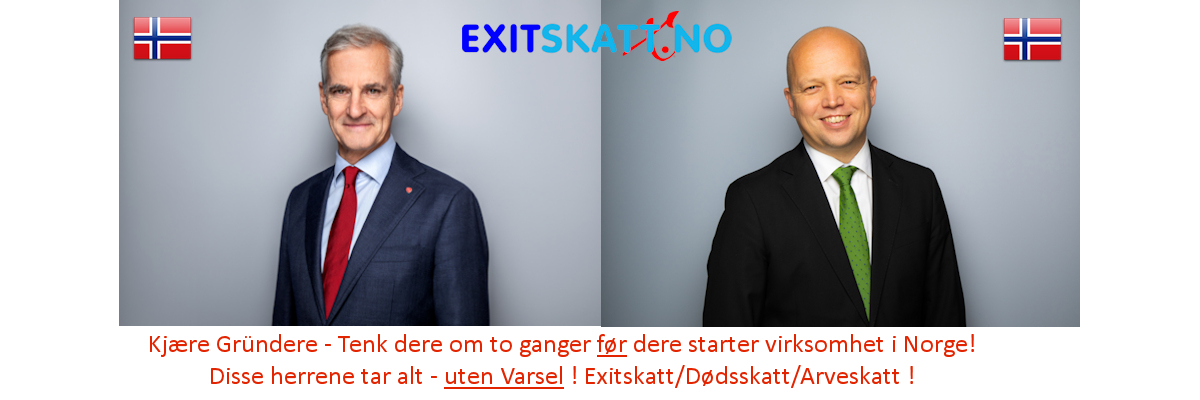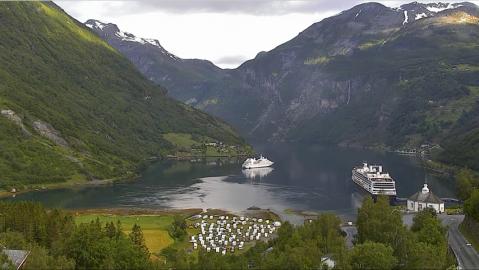Climate change means wildfires on every continent are getting longer and more intense. As apocalyptic images of orange skies and charred landscapes circulate on social media, those of us living in fire ecologies add a fifth season to our annual cycle: the smoke season. Although the first sparks of combustion are localized events, forest fires quickly become cascading crises impacting massive geographies. Each year, airborne pollution from distant forest fires darkens the skies of the world’s cities, kills hundreds of thousands of people, slows economies, and provokes environmental anxiety.
Today’s smoke seasons lie within a longer history of human-smoke interaction (wild and domestic). That relationship has been brought to a breaking point over the last century. Based on research conducted in Northern Canada and Scandinavia (and extended to Australia, America, and Southern Europe), this talk chronicles our sensory engagement with wildfire through smoke. The smell of burning and the sight of rising plumes held specific meanings for people that changed over time. I argue that smoke history is tangled up with colonialism, industrialisation, and the environmental movement. Our complicated relationship with smoke creates serious challenges for modern wildfire policy. Understanding the historical roots of these challenges offers insights to help us navigate our smoky future.
- - - - - - - - - - - - - - - - - - - - - - - - - - - - - - - - - - - - - - - - - - - - - - - - - - - - - - - - - - - - -
We're the official channel for the wonderful community members of UNSW Sydney, a brilliantly located university between the coast and the city.
UNSW Sydney is one of Australia's leading research and teaching universities. We're a welcoming community, promoting lasting knowledge and creating an academic environment where outstanding students and scholars from around the world can be inspired to excel in their programs of study and research.
Today’s smoke seasons lie within a longer history of human-smoke interaction (wild and domestic). That relationship has been brought to a breaking point over the last century. Based on research conducted in Northern Canada and Scandinavia (and extended to Australia, America, and Southern Europe), this talk chronicles our sensory engagement with wildfire through smoke. The smell of burning and the sight of rising plumes held specific meanings for people that changed over time. I argue that smoke history is tangled up with colonialism, industrialisation, and the environmental movement. Our complicated relationship with smoke creates serious challenges for modern wildfire policy. Understanding the historical roots of these challenges offers insights to help us navigate our smoky future.
- - - - - - - - - - - - - - - - - - - - - - - - - - - - - - - - - - - - - - - - - - - - - - - - - - - - - - - - - - - - -
We're the official channel for the wonderful community members of UNSW Sydney, a brilliantly located university between the coast and the city.
UNSW Sydney is one of Australia's leading research and teaching universities. We're a welcoming community, promoting lasting knowledge and creating an academic environment where outstanding students and scholars from around the world can be inspired to excel in their programs of study and research.
- Category
- ATLANTIC ROAD
Commenting disabled.














